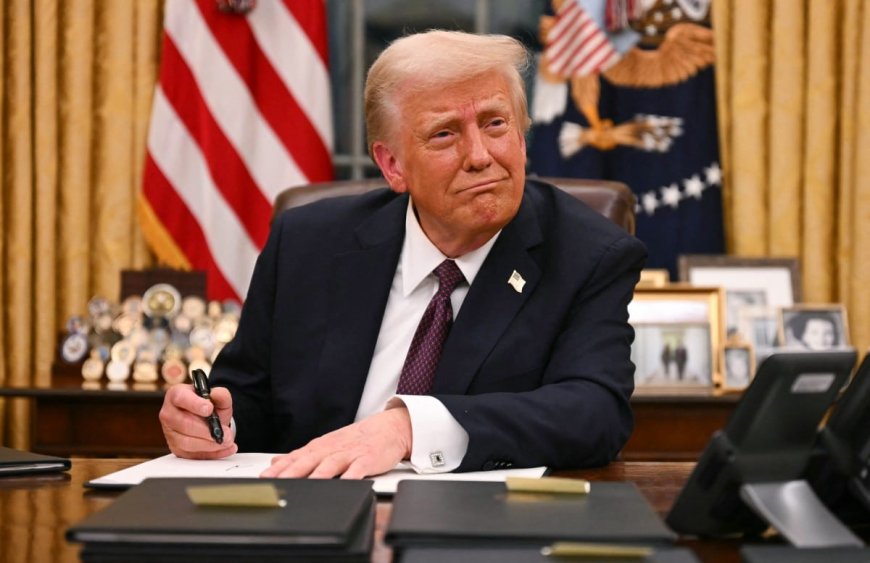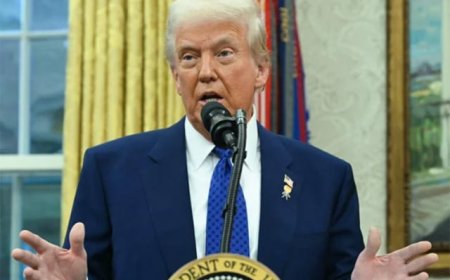A federal judge has halted Trump's attempt to limit birthright citizenship
The US president told reporters that his administration would "clearly" appeal the decision.

A federal judge blocked Donald Trump’s effort to restrict birthright citizenship in the United States on Thursday, marking the first legal victory for liberal states against the president’s hardline agenda.
The decision imposes a 14-day stay on enforcing one of the most contentious executive orders Trump signed shortly after being sworn in for a second term.
"This is a blatantly unconstitutional order," US District Judge John Coughenour said during a hearing in Washington state. Coughenour, appointed by Republican President Ronald Reagan, added, "I've been on the bench for over four decades, and I can't recall another case where the issue at hand is as clear as this one."
Trump responded to reporters, stating that his administration would "obviously" appeal the decision. The Department of Justice announced it would defend the executive order, claiming that it "correctly interprets" the US Constitution. A spokesperson emphasized the importance of enforcing the nation’s laws for the American people.
The 14th Amendment of the US Constitution guarantees birthright citizenship, stating that anyone born in the United States is a citizen. Trump's order argued that individuals in the US illegally or on a visa are not "subject to the jurisdiction" of the country, and thus not eligible for citizenship.
Judge Coughenour questioned the Justice Department’s argument, expressing disbelief over attorney Brett Shumate’s assertion that the order was constitutional. "Frankly, I have difficulty understanding how a member of the bar could state unequivocally that this is a constitutional order," Coughenour remarked. "It just boggles my mind."
The ruling follows numerous lawsuits from 22 states, two cities, and multiple civil rights organizations. It was celebrated by the states involved in the legal action.
"No president can change the constitution on a whim, and today’s decision affirms that," said Arizona Attorney General Kris Mayes. "This is the first of many wins as my office fights executive overreach and illegal actions by the new administration."
Washington Attorney General Nick Brown called Trump's order "un-American," emphasizing that birthright citizenship ensures that citizenship is not based on race, ethnicity, or the origins of one’s parents.
California Congressman Ted Lieu tweeted, "Birthright citizenship is as American as apple pie. If you're born in America, you're a citizen."
The legal challenge was expected, as Trump had previously acknowledged the likelihood of such a case. Trump’s claims about the US being the only country with birthright citizenship are incorrect, as over 30 other countries, including Canada and Mexico, also have similar policies.
Opponents of Trump's order argue that the 14th Amendment, ratified in 1868 after the Civil War, is settled law. They cite the 1898 US Supreme Court ruling in the case of Wong Kim Ark, a San Francisco-born Chinese American who was denied re-entry to the US, with the Court affirming that children born in the US, including those to immigrants, are entitled to citizenship.
What's Your Reaction?




















































































